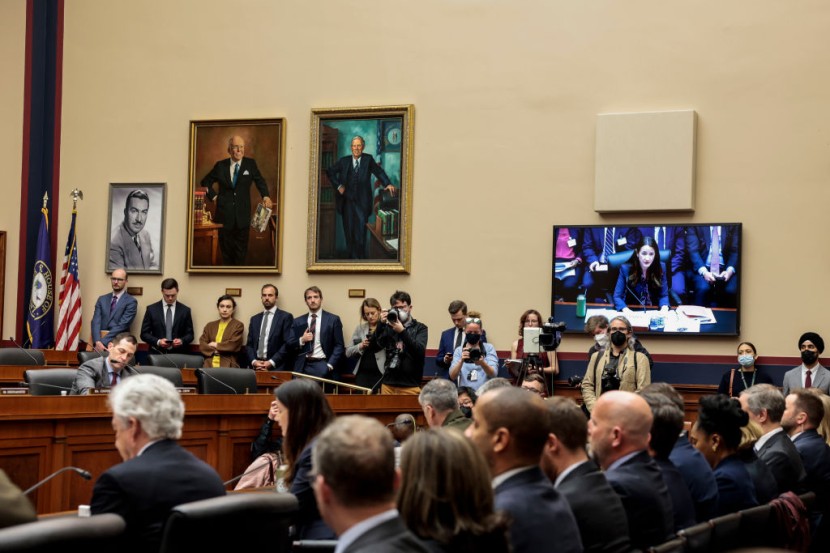
On Wednesday, the House of Representatives approved a huge spending plan containing $1.5 trillion in funds to keep the federal government running and $13.6 billion in emergency relief for Ukraine.
The idea is expected to be voted on by the Senate later this week. The bill's federal budget component would avert a government shutdown by funding operations through September 30, the end of the fiscal year.
Bipartisan Negotiations Reach Spending Deal
The larger plan is the outcome of months of bipartisan deliberations that gained additional urgency as Congress hurried to respond to Russia's invasion of Ukraine. The entire spending package includes a 5.6 percent rise in defense spending and a 6.7 percent increase in non-defense spending above current levels.
Leaders emphasized achieving an agreement on government spending to avoid prolonging current funding levels, which do not match federal agencies' present financial demands, according to NPR. This gives the Senate time until Friday's deadline to clear procedural barriers before bringing the package to President Joe Biden's desk for signature. President Biden has promised Ukraine "support and assistance."
Members have been compelled to stick to a strict schedule because Democrats are leaving on Wednesday for a three-day political strategy conference in Philadelphia. In response to Russia's incursion, which is now in its third week, the accord includes $13.6 billion in military and humanitarian aid for Ukraine and its Eastern European allies.
The Ukraine funding, which has bipartisan backing, was one of the deciding factors in the omnibus spending package's passage, which has been contentious in other areas. Left-wing lawmakers have indicated that they will oppose increases in defense spending, but they support increases in domestic spending and are anticipated to vote for the package.
Lawmakers Expected to Vote on Further Russia Sanctions
Republicans, on the other hand, will be pleased that the plan achieves their aim of roughly equal increases in defense and non-defense expenditure. In addition, MPs are scheduled to vote on a Russia sanctions measure on Wednesday, which includes a restriction on importing Russian oil and other petroleum goods.
Although President Biden has already implemented the oil restriction by executive order, Democratic leaders in Congress want their members to sign a letter of support for the bill. The Senate is unlikely to follow suit in any scenario, Aljazeera reported.
Congress has allotted more than $370 billion in pandemic response money to the federal Department of Health and Human Services over the last two years. The majority of the money went to healthcare providers; less than half of it, around $140 billion, went to tests, medicines, and vaccinations.
Kevin Munoz, a White House spokesman, cautioned on Wednesday that there might be consequences if Congress did not allocate more funding, including the loss of antibody therapy. He predicted that testing capacity would diminish in March and that the fund that pays for COVID-19 testing and treatments for tens of millions of uninsured Americans will run dry in April.
Last week, a group of thirty Republican senators led by Utah's Mitt Romney notified the White House that they would not approve billions in fresh COVID-19 relief funding without a more complete assessment of how previous allocations were used and whether any money remained, according to the New York Times.
Related Article : Joe Biden Wants To Bring Factory Jobs Back to US To Fight Inflation, But Expert Thinks It's a Bad Move








